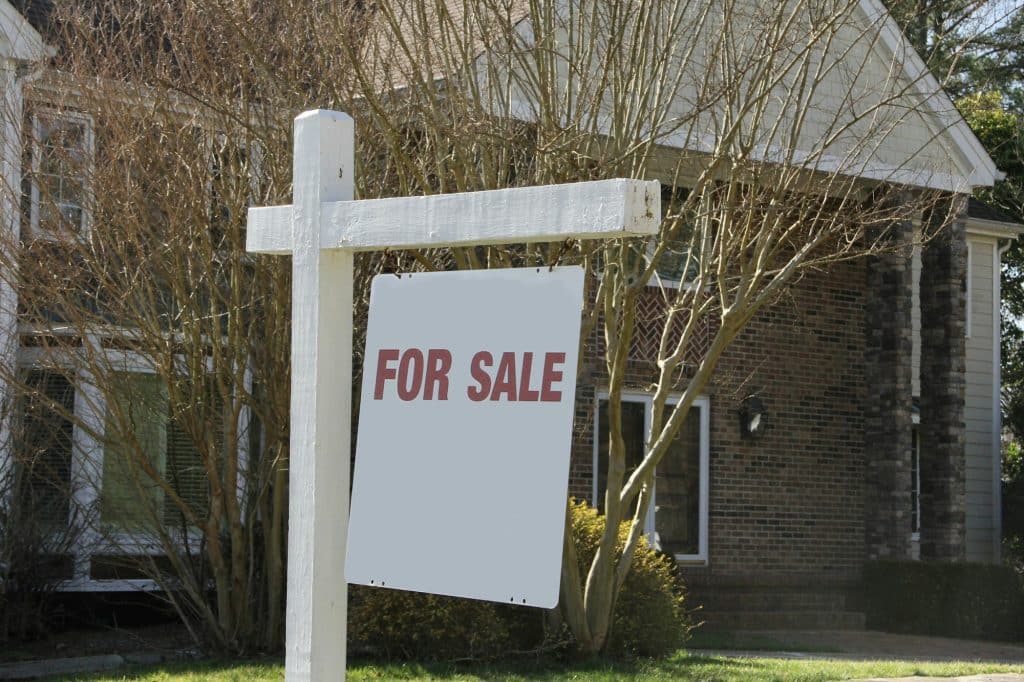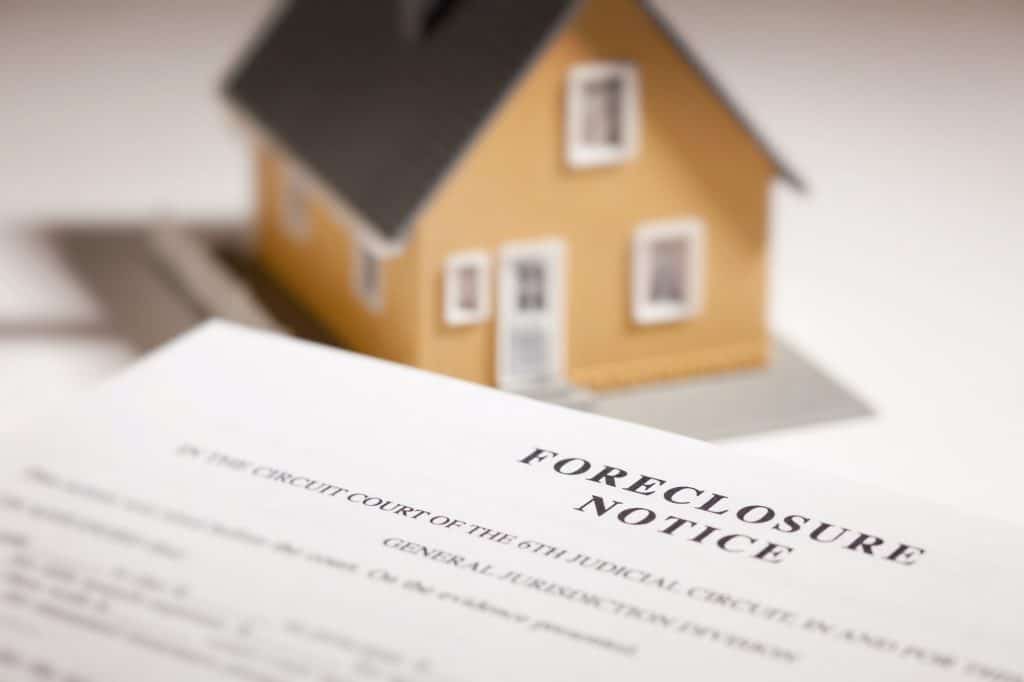There is usually only one reason someone buys a house. There are countless reasons why someone could sell a house. That is why the topic of how to sell your house can be a complicated one. Maybe you want to upgrade houses and if you got the right price, it would be nice to sell. On the other hand, there is someone experiencing a hardship, which can include illness, divorce, or the loss of a job. If you don’t have income or cash in the bank, then it may be a more urgent situation. You need to sell your house. There is also the condition of the house and the money you may or have to put into the house to get it ready to sell.

Here is an overview of the different ways to sell your house along with the pros and cons of each method.
Selling Through a Full Service Realtor
Traditional realtors charge 5-7% of the price of the sale of the house. They are full service and will handle all marketing, disclosures, home buyer inspection, negotiating, and closing the sale.
PROS: There is very little work to do on your end. If your house is in good condition or you don’t mind putting money into to get it marketable, then this isn’t a bad route. Realtors will look at the market and determine the best price to list your house at. They will put your house on the MLS (Multiple Listing Service), which means that all real estate agents will be able to see that your house is for sale. If they have a buyer that is looking for a house that meets the criteria of yours, then they will set a showing of your house. There is very little work to do on your end, except keeping your house clean of course.
CONS: This is a very costly option. Not only will the realtor charge you an average of 6% of the sale price, the buyer is likely to negotiate a lower price. In today’s market, it’s not all that uncommon for buyers to ask the seller for closing costs, which can be up to 5% of the sale price (3% on average). Then there is a second round of negotiations after buyers have a home inspector come inspect your home. You can expect another 2% of the sale price to go toward repairs from the home inspection. Then there is the proration of the property tax, which averages about 1% of the sale, but it depends on the time of year you sell. If we add 6% + 3% + 3% + 2% + 1%, that equates to 15% of the asking price goes to fees, commissions, and repairs. That means if you were asking $200,000 for your house, then you would walk away with $170,000 instead of the $200,000 you were asking. This doesn’t take into account any money you put into the house to put it on the market.
Selling Through a Discount Realtor
There are many realtors and websites that will list your house for a reduced fee. Some let you list on MLS for as little as $300-$500 and then they take less than 1% at closing. You still must pay the commission of the buyer’s agent, if there is one. There are also websites, such as zilllow.com and redfin.com, that will list your house for a reduced commission of 1-1.5% of the sale.
PROS: While this doesn’t alleviate the other fees, it does get you a reduction of a couple percentage points the listing realtor.
CONS: You must do a lot more work. You must determine the value, show the house, and negotiate the deal. You may be negotiating with an experienced realtor, and if you don’t know what you are doing, you may easily cost yourself thousands of dollars. There are also the cons of all the things listed above.
Selling Fore Sale By Owner (FSBO)
This is pretty self-explanatory, it is when you sell your house yourself.
PROS: You forego the real estate commission. If you have local knowledge of the market and understand all the real estate laws, such as disclosures, then it’s not a bad option. But you must know what you are doing. For example, if you live in a house built before 1978, then you must disclose in writing that there is the possibility there may be lead based paint in the house. Each state varies in what you need to disclose about your house, so make sure you know your local environment.
CONS: You lose the most effective marketing resource available, the MLS. You’re marketing will be limited to signs, newspaper ads, and craigslist. You will probably also find yourself inundated by realtors wanting to list your house. You also must have your own purchase agreements, disclosures, and legal docs needed.
Selling to an Investor
This is typically a good option for those who need to sell their house quickly versus wanting to sell their house. Investors usually pay in cash, so there is no financing contingencies. Investors close quickly and by houses in as-is condition.
PROS: Investors cut out all third parties. You can work with them directly and close quickly. You don’t need to put any money into your house to put it on the market. If you need to move quickly, this can be a good option.
CONS: Make sure you are dealing with someone who is reputable. They will determine a valuation of your house given its current condition and make sure you understand how they arrived at that valuation.
Depending on your situation, you have several options available if you want to sell your house. Time frame is typically the biggest variable in terms of how urgent you are to sell your house. If you have equity, don’t have an urgent time frame, and have knowledge of the local real estate market and laws, then trying a “For Sale By Owner” could be a good option. If you have a very busy life with work and family, maybe using a traditional realtor is your best option. If you have an urgent timeframe and do not have a lot of equity, then maybe selling to an investor is a good option. Every situation is different. Think through what you have working for your and what you have working against you to figure out the best method of selling your house.



